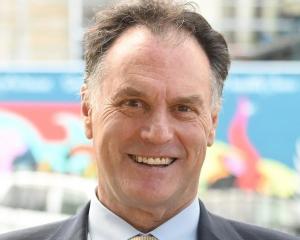
Health Minister Dr Shane Reti announced today that an initial cost-benefit analysis of establishing a third medical school in New Zealand had been completed and has been found to provide ‘‘confidence for the project to progress to the next stage’’.
“Earlier this year, the Ministry of Health signed a Memorandum of Understanding with the University of Waikato around a potential third school and began working through the necessary steps to ensure the best training model could be developed.
“This included a cost-benefit analysis to give everyone initial assurance of the feasibility of this programme. The cost-benefit analysis is encouraging, however there is still a significant amount of material to be considered and assumptions to be tested around this major project.’’
During the 2023 general election campaign, National campaigned on a third medical school to be based at the University of Waikato.
This medical school would have a focus on training rural GPs.
It would receive about $300 million in government funding to get it off the ground and ready for its first intake in 2027.
However, as part of its coalition agreement with Act, the National Party agreed that ‘‘a full cost-benefit analysis must be presented before any binding agreement is made’’.
The universities of Otago and Auckland have recently told the government they could train up to 300 additional doctors annually, without the need to establish a third medical school.
The government set aside about $5 million over two years for the business case for the third medical school in this year’s Budget.
“A detailed business case, in addition to the full cost-benefit analysis, is the appropriate vehicle to answer these questions,’’ Dr Reti said.
“I expect the Ministry of Health to continue to lead this process on behalf of the Government, working closely with Waikato.
“Any further announcements can be expected following completion of the business case. This will be thorough and expected to take some time.’’
In Budget 2024, the government confirmed 25 additional medical places for 2025 - half of the 50 previously promised.
Dr Reti said New Zealand’s existing medical schools were top quality and have immediately benefited from increased places at both universities this year.
“However stats also tell us many GPs are planning to retire in the next 10 years, which will particularly impact provincial and rural communities already experiencing New Zealand’s biggest doctor shortages.’’












